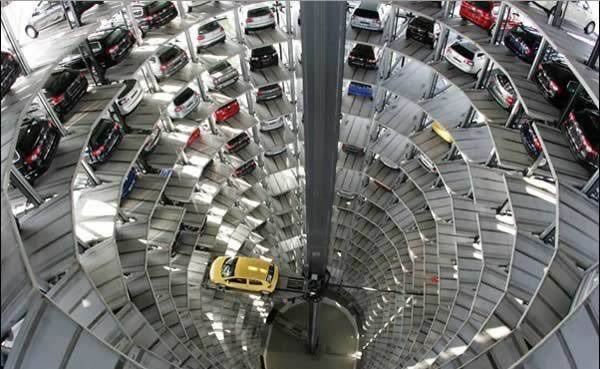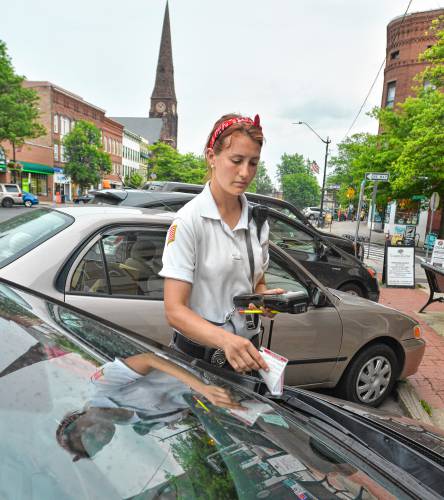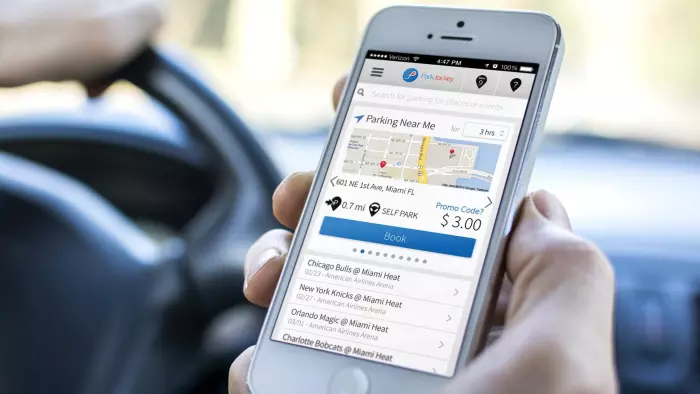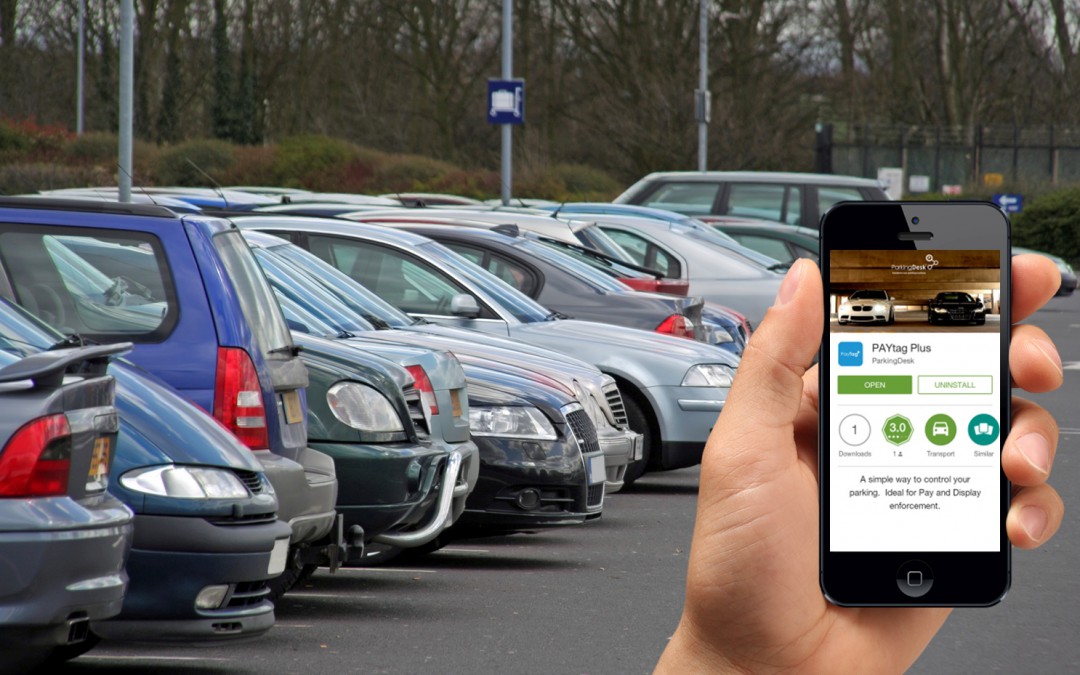One of my clients owned a busy downtown parking lot and was approached by an equipment supplier. The supplier promised to vastly increase revenues with a gated system recently installed at a nearby property. Within the year, the system across the street was ripped out and replaced with Pay & Display meters so it probably wasn’t doing the job as advertised.
How do you avoid getting stuck with the wrong technology? The trick is to always pick the system that meets your needs and will be accepted by your customers and tenants. If you want average folks to park with you, it will be no help being an early adopter of a system that is hard to use.
1- The best experience is a familiar one
Pick a system that requires little instruction and is familiar or easy to use. If customers cannot figure out your parking system, they are likely to abandon the transaction or require assistance.
I am based in Toronto, Canada where the municipal parking authority was an early adopter of Pay & Display technology. The parking authority did the hard work of training the general public and making it much easier for the private sector to adopt similar equipment.
If you have rented a car at an airport location, you may be familiar with those one-way traffic spikes that will shred your tires if you drive the wrong way. They are very effective but I recommend caution before putting them on a downtown main street where no one expects them.
2- Catch the Right Trend
Parking equipment is increasingly becoming a technology commodity offering more choice at a lower cost. You don’t want to end up with Betamax when everyone expects VHS.
As in every other business, parking is increasingly in the cloud and fully accessible on your smart phone. These advances offer huge advantage to property owners and managers wanting to gain control of their facilities.
With the correct system, you can improve both NOI and the level of customer service. Benefits of web-based parking include:
- Vastly cheaper because there’s less hardware and infrastructure
- Totally equipment- free pay parking systems
- More control and data ownership resides with property owners and managers
- More integration with building data
Cloud-based data allows information to flow off-premises to any manager’s desktop in any office. The same data can be now be shared between tenant coordinators, security staff, and billing administrators to allow for more integrated building management. If access to data transforms the way you make decisions, this is a welcome change.
3- Virtual permits are taking over
The trend is certainly headed towards virtual permit systems that require no paper tickets at all. Reliable systems already exist that are using customers’ mobile devices as the main method of payment for on-street parking in some cities.
Building owners and managers can now eliminate capital investment in parking hardware altogether and have all transactions go solely through parkers’ mobile devices. Mobile payment options are increasingly preferred by consumers. However, ParkingDesk still suggests clients continue to invest in physical pay stations to make it easy for potential customers to buy parking and not abandon transactions due to wariness, or difficulty with mobile apps.
4- Financial Considerations
Different systems, Different operating costs
A major consideration in picking a system is the cost of administration. There are two main categories of parking systems with very different levels of fixed vs. variable costs.
- Gated facilities where payment activates access in or out.
- Un-gated stand-alone payment stations.
A gated system with sophisticated pay stations requires more upfront investment but may have lower day-to-day operating costs. Stand-alone meters have a lower unit cost but require more manpower cost to ensure compliance or you will not achieve the same level of revenue.
5- Financial Reporting
For the property manager, a good rule of thumb is to meet the same financial standards in place for the rest of your client revenues. The Landlord or external auditors should have the ability to follow an audit trail from transaction through to monthly gross sales. E-commerce security is also a priority when accepting credit card transactions and should ensure security of tenants and their employees and not impact the reputation of your enterprise or building brand.
Overall, technology advances have brought the same cost-saving benefits to the parking industry as in other sectors. Implemented properly, a good quality system will certainly result in a more profitable parking operation.





